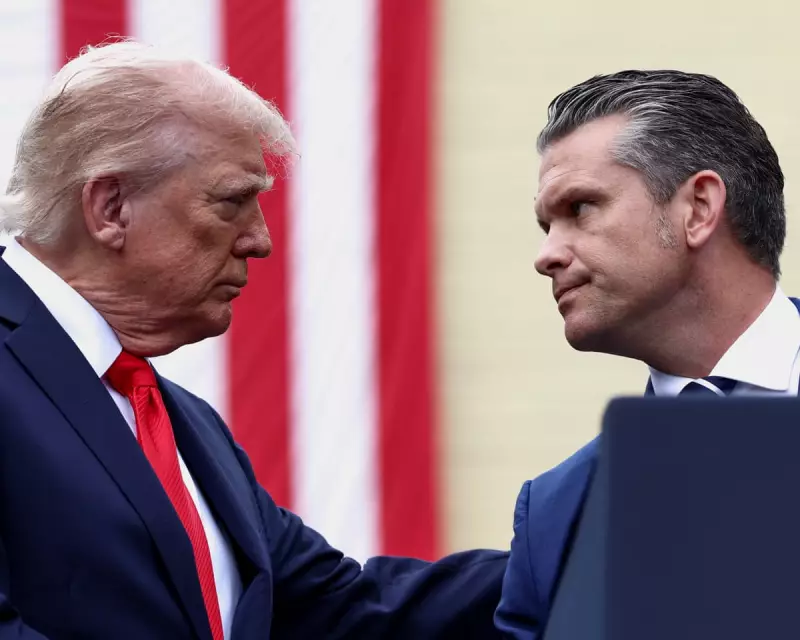
In a move that has sent shockwaves through the corridors of power and the media industry, the Pentagon under Donald Trump's administration has enacted a severe and unprecedented ban. Journalists from some of the world's most prominent news organisations have been officially barred from entering the defence department's headquarters.
The directive, which critics are labelling a blatant attack on the First Amendment, specifically targets reporters from The New York Times, CNN, The Washington Post, and The Guardian. This decision effectively creates a two-tiered system of access, favouring outlets perceived as sympathetic to the Trump administration.
A Chilling Message to the Free Press
The ban is not merely an administrative hurdle; it represents a fundamental shift in how the US government interacts with the fourth estate. By denying access to the very building where critical military and national security decisions are made, the administration is severely limiting transparency and public accountability.
This action is seen as the culmination of years of rhetoric from Trump, who has frequently derided critical reporting as "fake news." The physical barring of journalists transforms that rhetoric into concrete policy, raising alarms about the state of democratic norms.
The Pentagon's Justification and the Immediate Backlash
While official reasoning cites vague "security and operational" concerns, media advocates and constitutional experts are unified in their condemnation. The Society of Professional Journalists declared the move "a dangerous precedent that undermines the public's right to know."
The immediate effect is a crippling of reporters' ability to do their jobs. The Pentagon press corridor, once a hub for gathering information and conducting spontaneous interviews with officials, is now off-limits for a significant segment of the press corps. This hinders the flow of information on everything from military deployments and procurement to veteran affairs.
What This Means for Democracy and Global Perception
This media blackout resonates far beyond Washington D.C. Allies and adversaries alike are watching, with many seeing it as a sign of democratic erosion. The United States has long championed a free press globally; this move severely undercuts that moral authority.
For the British public, with its own robust journalistic tradition, the situation serves as a stark warning about the fragility of press freedoms and the importance of resisting any similar attempts to curtail access and transparency in government.






